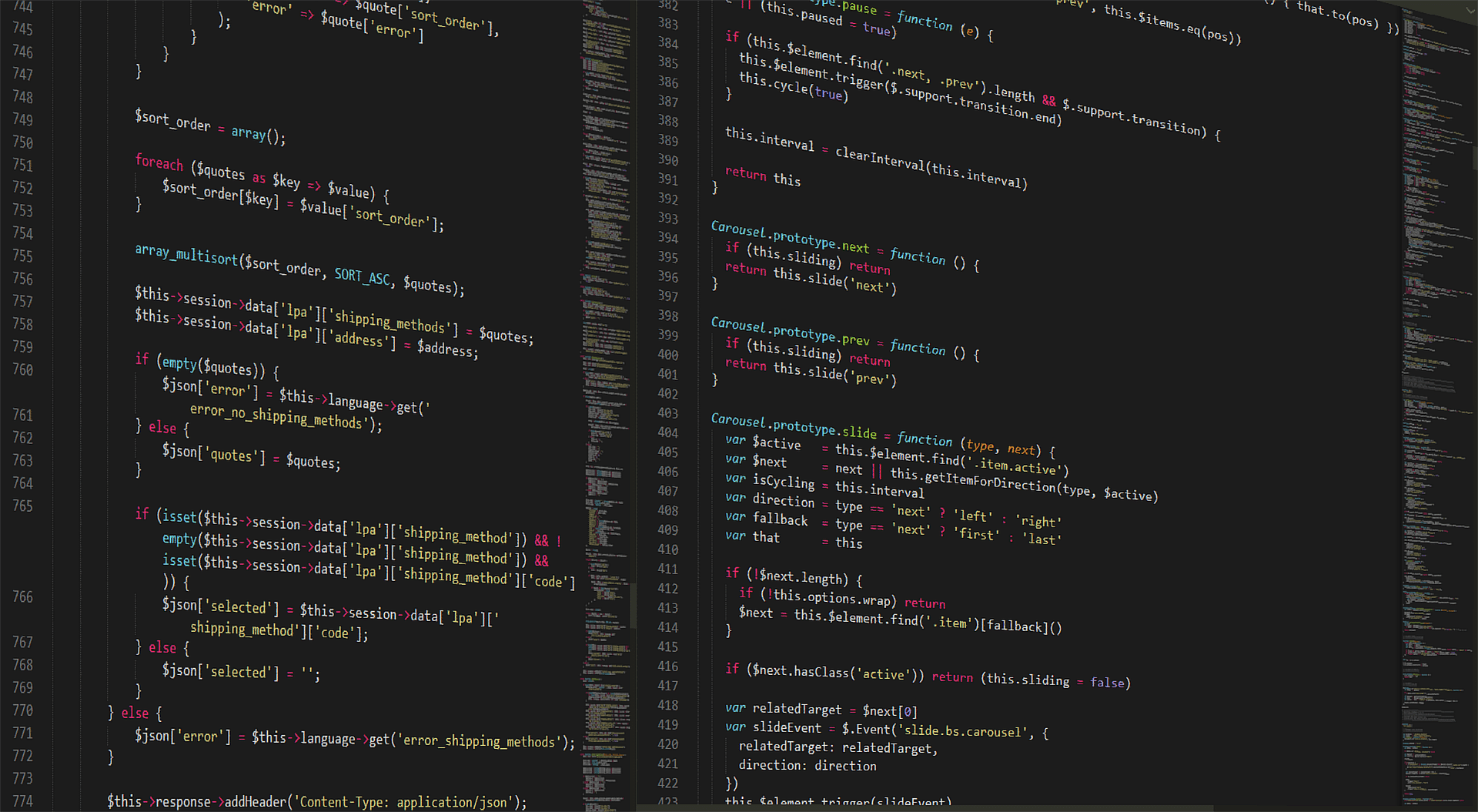The Solana network recently faced another runtime lag following the rise of a technical bug. However, the engineers at Solana network are currently adopting a proactive approach to prevent any type of lags in the future. It is worth mentioning that the Solana network went out of commission temporarily. The mainnet beta cluster on the blockchain network stopped recognizing the consensus model.
Nonce Transaction Module
As a result, the formation of new blocks stopped on the network, which created the issue. The post-mortem of the incident revealed that the lag was the result of a new runtime bug in the nonce transaction module. The main function of the nonce is to ensure that one type of transaction is differentiated from another.
Wu Blockchain posted a technical summary of the recent Solana network outage that specified the nonce transaction modules that were affected by the runtime bug. The pseudonymous Twitter account also posted a descriptive link on the matter by Solana.com. It is worth noting that nonce allows the network to distinguish between different block transactions even when it is offline.
To address the issue of the lag, the validators on the network took it offline for one and half hours and managed to conduct the repairs. The block formation protocols were restarted the following day, and operators on the ecosystem also offered assistance to restore the client services for several hours to ensure compliance.
To increase the number of transactions per second, the Solana network can conduct several transactions at a given time without overlapping. The nonce is the module that keeps these parallel blocks from mixing. Nonce transactions do not have expiration; therefore, the network validators use another protocol to make sure that one transaction does not repeat and is processed in ascending order.
For volumes 1.9.28 and 1.10.23, the nonce module has been deactivated in case the network runtime bug is detected once again. The solution of the network engineers is to make nonce to commence only after mitigation protocols are activated that could prevent the network from facing any reactivation issues in the future.
